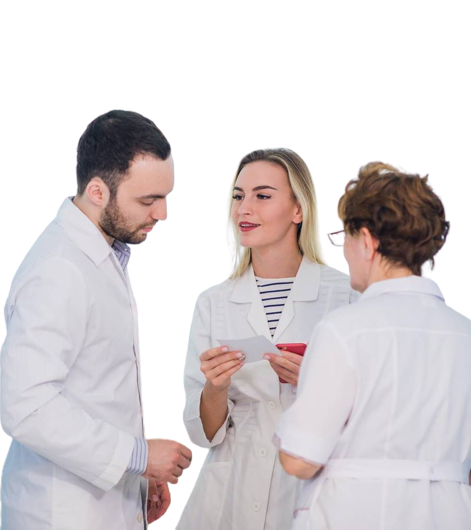Program Overview
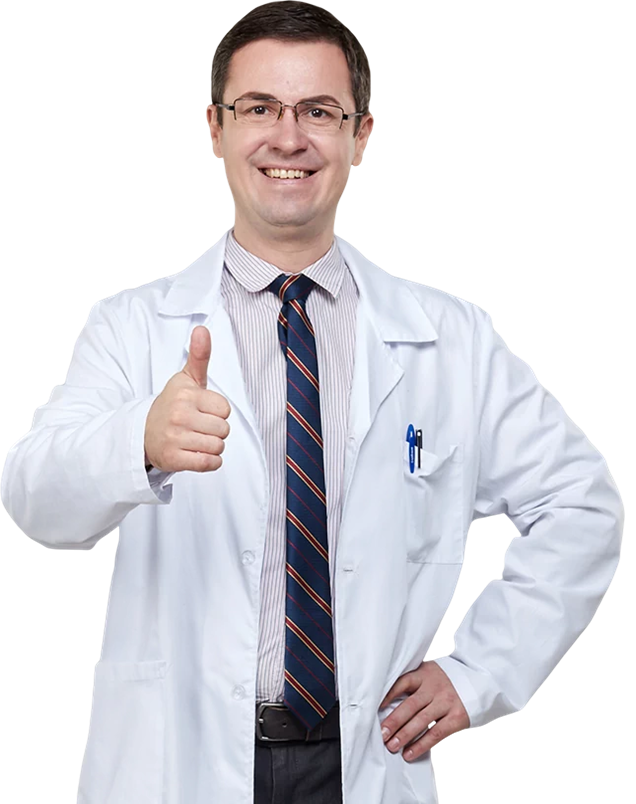
Essential competencies





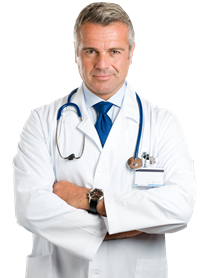
E-Learning
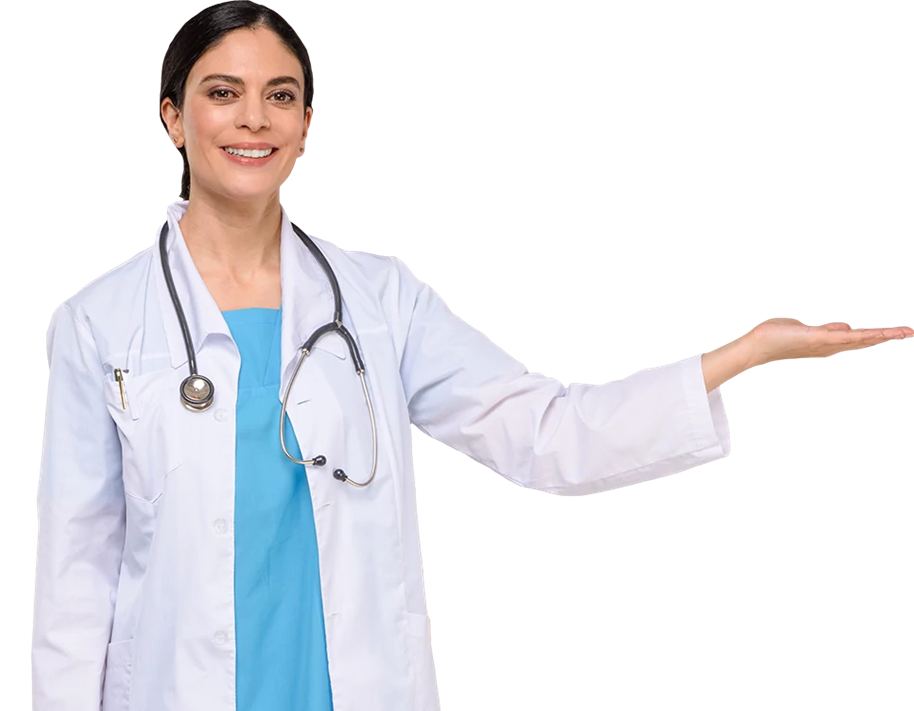
Practical
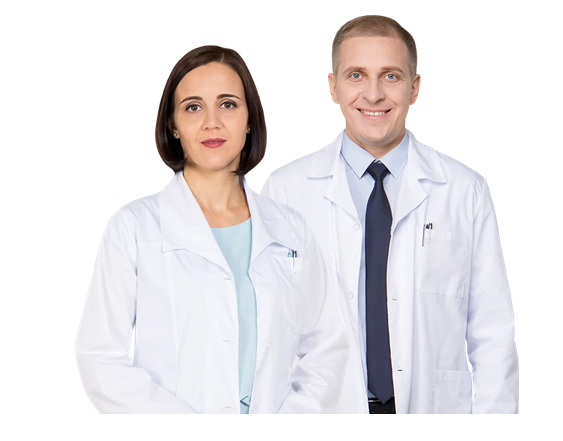
The blended program offers practical education to complement the e-learning. We provide pre recorded videos, pre approved presentations and electronic transcripts to the faculty for conducting the workshops. The basic and advanced one day workshops consist of didactic teaching, group exercises, skill workshops, reflective discussions, self assessments and questionnaires. Participants must complete the respective e learning courses prior to practical workshops. Participants will receive a certificate upon completion.
We also offer bespoke micro certificate practical courses tailored for all healthcare professional groups including medical , dental, nursing and allied professionals. Contact us to discuss your requirements.
Self-assessment

Reflection

Course Schedule

| Part 1 | Basic Medical Softskills E-Learning Course with Test (4 Module & 16 units ) | Month 1 & 2 |
| Basic Medical Softskills Practical Course with Feedback ( One day Workshop ) | Month 3 | |
| Part 2 | Advanced Medical Softskills E-Learning Course with Test (4 Module & 16 units ) | Month 4 & 5 |
| Advanced Medical Softskills Practical Course with Feedback ( One day Workshop ) | Month 6 | |
| Part 3 | Self Assessment | Month 7 |
| Reflective assignment - 500 words based on self-assessment and feedback | Month 8 & 9 | |
| Part 4 | Assessment & Feedback | Month 10 & 11 |
| Certification | Month 12 |
Faculty
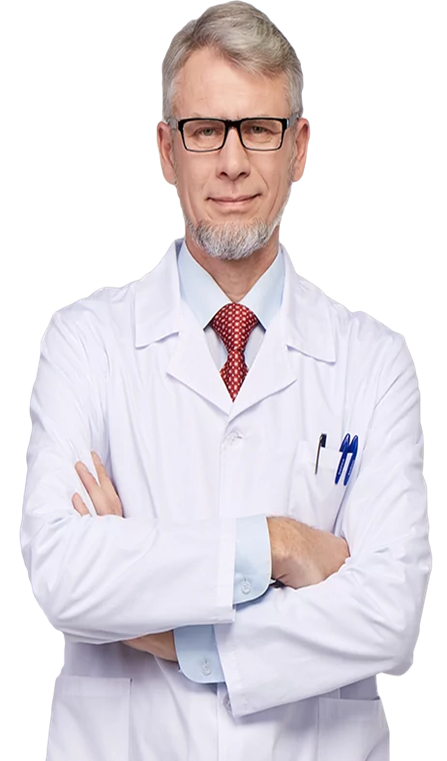
Assessment
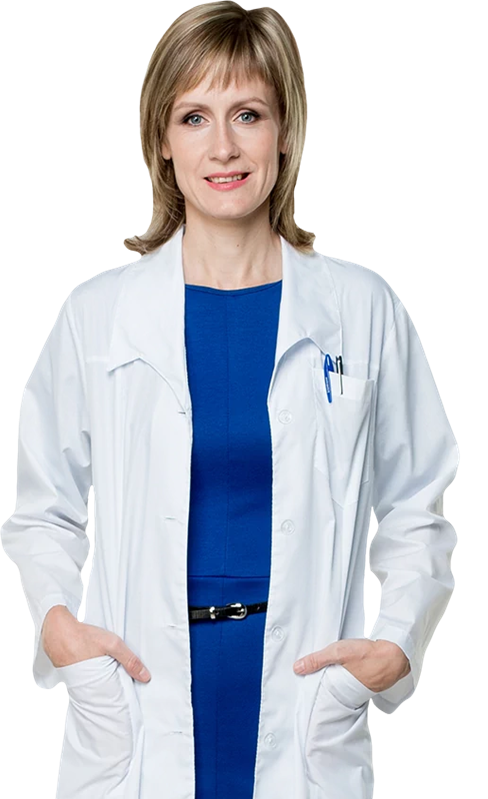
| Course Modules | GPC Framework Standards: Domains | GMP Framework Standards: Domains |
|---|---|---|
| Lifelong Learning | 1, 2, 3, 8 | 1 |
| Communication | 1, 2, 3, 5, 6 | 1,2 |
| Ethics | 1,2,3,7,8 | 1,4 |
| Professionalism | 1,2,3,7,8 | 1,4 |
| Leadership | 1,2,3,5,6 | 1,3 |
| Teamwork | 1,2,3,5,6 | 1,3 |
Evaluation
